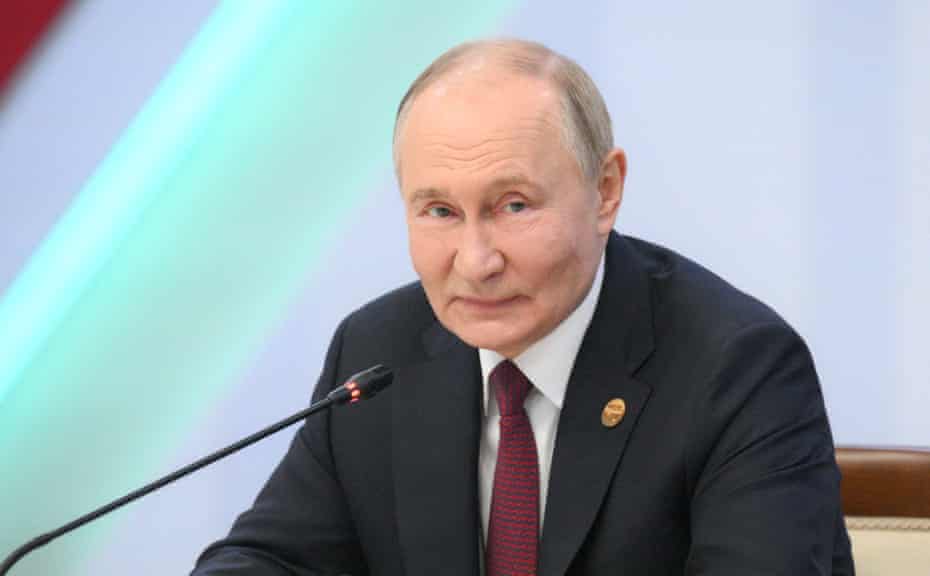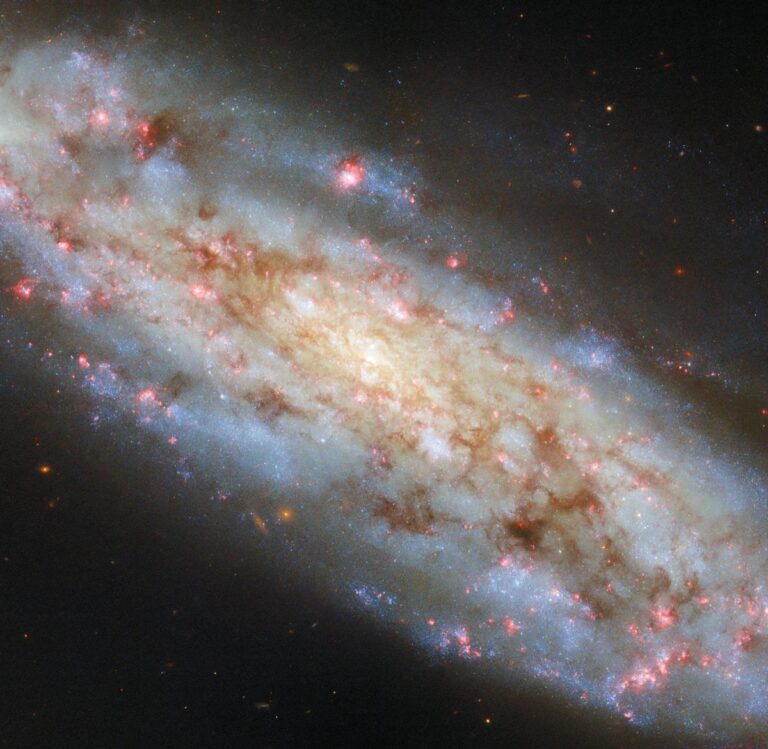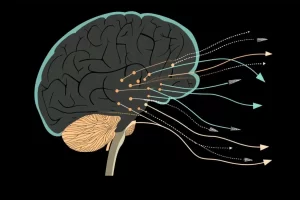A Move Towards De-DollarizationRussian President Vladimir Putin has urged the development of an alternative international payment system at the 16th BRICS Summit in Kazan.
The initiative aims to reduce reliance on the US dollar, which he criticized as being used as a “political weapon.” However, the push for de-dollarization has caused concern among some BRICS members, particularly Brazil and India, who are wary of the bloc becoming too aligned with China or adopting an anti-Western stance.
Putin’s Call to De-Dollarize Global TradePutin highlighted how the ongoing de-dollarization efforts between Russia and China have already shifted nearly 95% of their bilateral trade to rubles and yuan. He emphasized that dependence on the US dollar exposes countries to political leverage and warned that weaponizing the dollar is a “big mistake.” Russia is also working on a new settlement infrastructure that could bypass the SWIFT payment system, further accelerating its plans to diminish Western financial influence.
Mixed Reactions from BRICS NationsDespite Putin’s push, the summit’s communique indicated limited progress on establishing a new payment framework. Some BRICS members, especially Brazil and India, expressed concerns about the growing focus on de-dollarization.
They fear that shifting too far towards Russia and China could alter the bloc’s original mission of fostering cooperation among emerging economies without alienating Western nations.Brazilian President Luiz Inácio Lula da Silva emphasized the need for BRICS to remain inclusive. “Many insist on dividing the world into friends and enemies,” he said. “But the most vulnerable are focused on essential needs like food, jobs, and access to quality public services.”Guterres’ Presence Draws CriticismThe summit also sparked controversy with the attendance of UN Secretary-General António Guterres.
Ukraine criticized Guterres for meeting with Putin instead of attending the Ukraine peace conference in July. A UN spokesperson clarified that the meeting did not reflect any shift in the UN’s stance on the Russian invasion of Ukraine, reiterating the organization’s position on the conflict’s illegality.Expanding the BRICS Bloc: New Members and Challenges.
The future size and purpose of BRICS were key topics at the summit. BRICS has expanded from five to nine members and plans to further include countries such as Cuba, Vietnam, Turkey, and Kazakhstan. However, Brazil and India opposed admitting Venezuela, fearing that its inclusion could push the bloc closer to a pro-Russia and anti-Western narrative. Turkey’s participation, given its NATO membership, also raised eyebrows.De-Dollarization:
A Long Road AheadDespite Russia’s ambitions, experts are skeptical about the rapid adoption of BRICS financial tools. Agathe Demarais, a sanctions specialist at the European Council of Foreign Relations, noted that the US dollar remains deeply entrenched in global trade and reserves. “More than 80% of global trade is conducted in dollars, and nearly 60% of central bank reserves are held in the currency,” she explained.Conclusion: BRICS’ Balancing ActWhile Putin aimed to leverage the summit to challenge the US-led financial order, the meeting highlighted internal tensions within the bloc.
BRICS faces the dual challenge of accommodating diverse geopolitical interests while preventing the group from becoming polarized. As the bloc expands and explores financial alternatives, it will need to strike a delicate balance to maintain relevance and avoid alienating both emerging economies and Western partners.

















+ There are no comments
Add yours